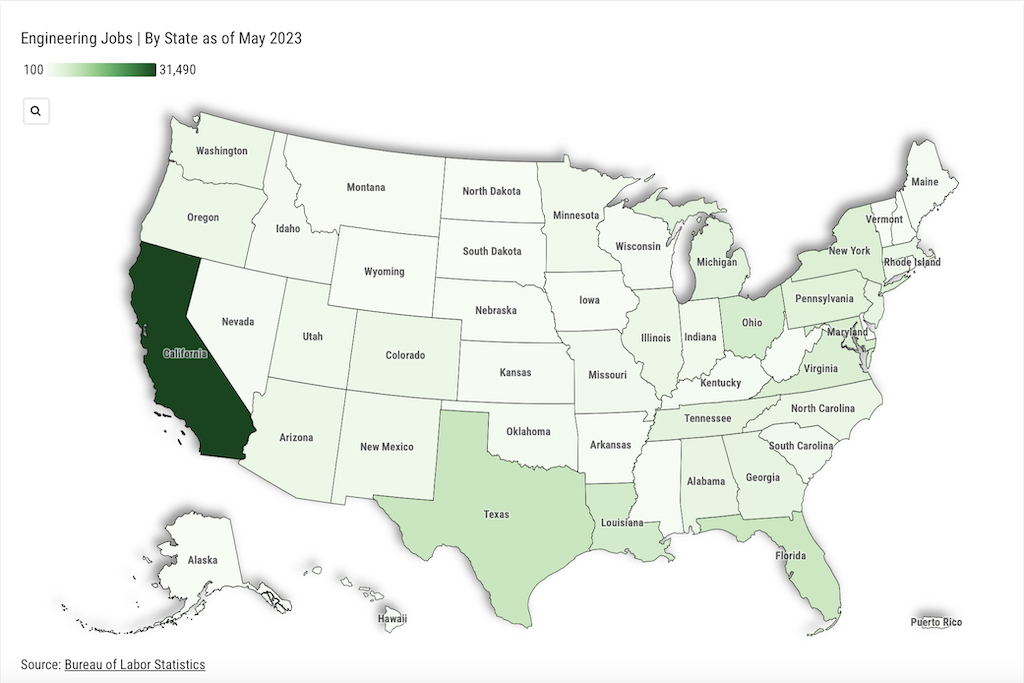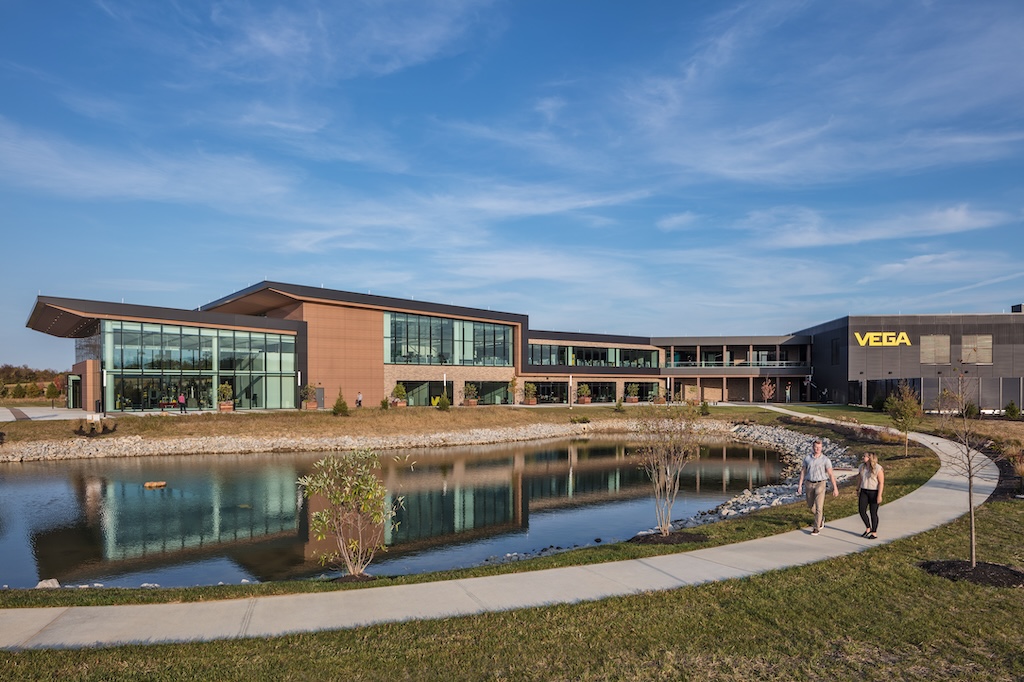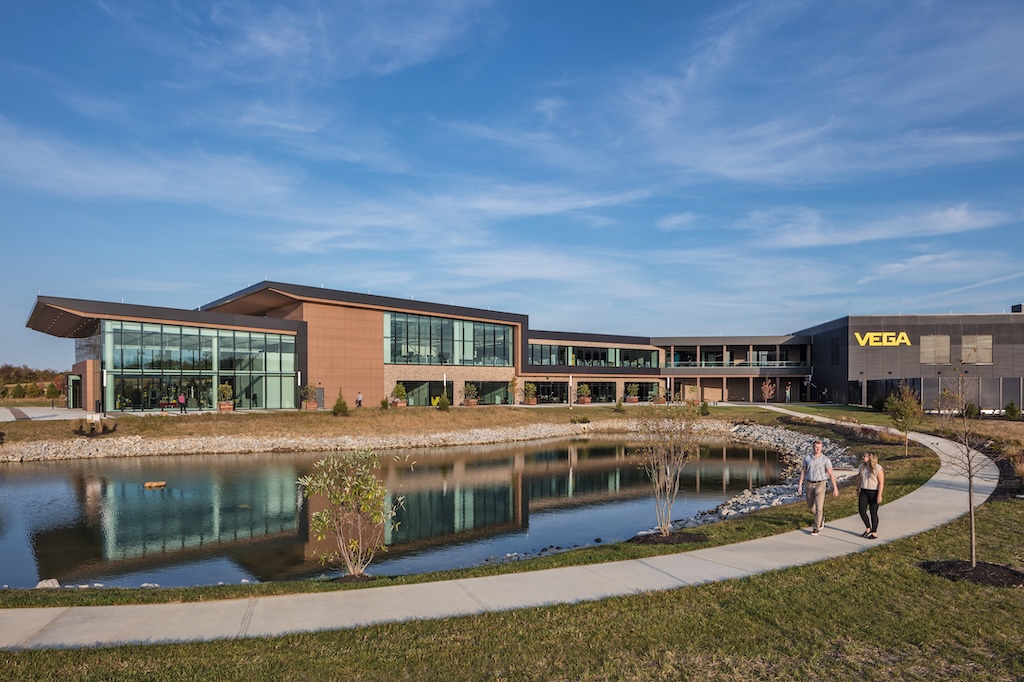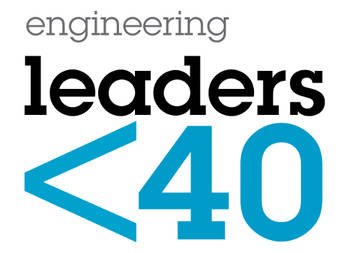Placed workforce development on top of their list of plant floor issues in the 2012 Plant Engineering salary survey, which is an issue that will continue to be a problem if it is not addressed
Respondents to Plant Engineering’s 2012 Salary Survey again placed workforce development on top of their list of plant floor issues. Attracting that next generation of workers requires not just a need to attract skills, but also to satisfy the changing nature of these workers.
That was the conclusion of a panel of experts at the ARC Advisory Group World Forum in Orlando Feb. 12. There is a skills gap, but also a generational gap in how workers operate and how they use technology. Dick Hill of ARC Group, who moderated the session, noted that workers on the cusp of retirement may walk away with more than a pension or a 401K.
“Experienced workers know how the plant runs, and know when it’s not running well, but it’s not written down,” Hill said.
Citing a Pew Research report that called the millennial generation “digital natives,” Hill noted that the next generation expects modern technology and progressive corporate culture to greet them on their arrival in the workplace.
“Have you built necessary training tools and training environment?” Hill said. “Do you have a mentoring program? Is your plant equipment ready for them? Is your software application smart, because knowledge of your current workers is going to go away?”
Hill said that millennial workers would expect a corporate vision that aligns with their own world views, built around safety, sustainability, innovation, and the opportunity to share ideas and advance professionally.
That reality has forced companies such as Momentive Specialty Chemicals to change the way they train and deploy employees. “New employees are learning the right way to operate the plant, and we want them to be able to train cross-functionally. We can share resources between plants,” said Brooke Robertson, project manager for Momentive Specialty Chemicals. “At Momentive within 5 years just in engineering, 17% of our workforce will be eligible for retirement. How are we going to be able to retain all of this information?”
Mike Resetarits of Fractional Research Inc., a company that does distillation research for chemical and engineering companies, noted the departure of baby boomer workers, whether by retirement or by dismissal, was draining talent and knowledge from manufacturing. He cited estimates of 10,000 workers a day for the next 20 years leaving the workforce. “That means we’re losing 400,000 years per day of experience,” Resetarits said. “The boomer generation puts their job high on their list of priorities. It allows them to achieve all the other goals they have set for their lives.”
Confronting a transition in the workforce at Fractional Research took some soul searching—and some tough choices. “We had a problem. We were on the verge of losing our best engineers and best technician operators,” Resetarits said. “There were several things we did to prepare. It took us about a year.”
The company put its experienced engineers and technicians into a room and programmed all of the plant’s start-up and shutdown operations into the system. When new operators came on, the procedures were already programmed, but Resetarits said it didn’t change the operational knowledge in the department. “They embraced it,” he said. “They never stop thinking. They don’t just push the button. They think about the process, and the computer program corroborates what they were going to do anyway.”
Within that transition were some veteran workers who were unwilling to change. “We had some people who proved to me that they did not want to work with us. They’re gone,” he said. “We released 11 people and none of those were easy, but now we have a group of engineers who are as good. Change is an every-minute experience in our control rooms,” Resetarits said. “We decided to hire happy people. There are people who wake up angry every day, and they infect the entire organization. When we interviewed, we looked for people who liked to smile. We looked for people who like people. The number one thing we looked for was attitude.”
One strategy was for Momentive to take a fresh look at its control system. “Modernizing your control system will attract new workers but also will capture knowledge,” Robertson said. “Implement global DCS standards. It makes modernizations quick, and the benefit for the operators is they can now switch between units. They’re not about learning the control systems. All they have to pick up is the process.”
She noted that many of the problems of data capture and system modernization are fixable through system alignment. “When your engineering resources are low, your DCS vendor likely has a solution for you,” Robertson said. “You need to train operators on how to run operations, but a key is to run simulations. But you also need to keep simulators up to date. But all of the challenges we were faced with, there were solutions out there.”
In search of Gen Xers
While the discussion in the workforce development issue revolves mostly around retiring baby boomers and up-and-coming millennials, a third group may actually hold the key to filling a widening Skills Gap—if they can be found.
The Generation X group, generally born between 1960 and 1980, normally would be the next in line to fill in the jobs currently occupied by baby boomers, but fewer of those people took manufacturing jobs in the period from 1985 through 2005, when they most likely would have been heading into the workforce.
“One thing that is not discussed is that if we look at workforce issues, as baby boomers retire, there’s a big hole of Gen Xers not there to fill in,” said Peter Zornio of Emerson Process Management during the panel discussion. “If you look at the timing, it was at a time when many of us weren’t hiring.”
In the modern market, where Facebook profiles for both employers and job seekers are now the norm, the challenge seems to be getting manufacturing careers a seat at the kitchen table when careers are discussed.
“How do we make what we do attractive to young people?” asked Maurice Wilkins of Yokogawa. “Do we need to bring apprenticeships back? We need to make young people believe what we do isn’t boring.”



